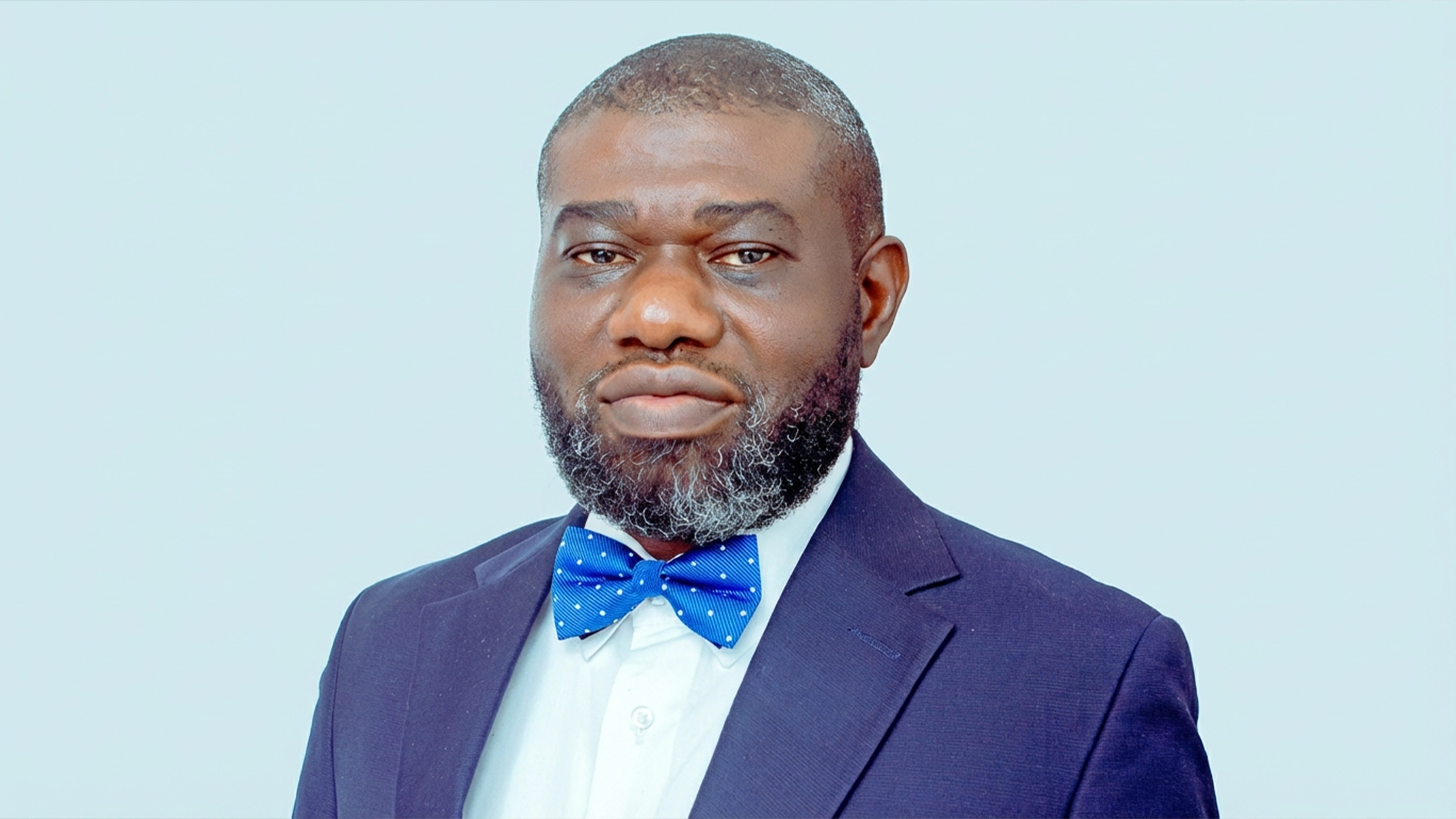
SIR: The first Think Aloud event in Ogun State will take place at the end of the month. Think Aloud project promotes critical and creative thinking in schools and society. The national policy on education anticipates such an initiative because one of the objectives of primary education in Nigeria is to encourage scientific, reflective, and critical thinking.
While there are subjects that promote basic scientific knowledge in schools, there are no subjects that inculcate other essential reasoning abilities. There are no texts or materials to promote inquiry-based learning. The school system puts much emphasis on rote learning and memorization. Little attention is paid to examining what is taught or learned in classrooms.
Meanwhile, critical thinking skills are among the top skills, and the most sought-after by employers of labour. Critical thinking skills are problem-solving skills. So, it is pertinent to introduce the subject to schools starting from the primary level. It is necessary to prepare and capacitate children and youths for 21st-century jobs and other existential challenges.
To this end, the Critical Thinking Social Empowerment Foundation organises critical thinking workshops for teachers and students. The teacher training workshops equip teachers with the abilities and understanding to deliver the subject of critical thinking. It gets teachers to appreciate the pedagogical value of critical reasoning.
Critical thinking can be taught as a stand-alone subject; it can also be taught in an infused form. As a stand-alone subject, students learn critical reasoning as they learn verbal and quantitative reasoning. As infused, teachers are taught to incorporate reasoning skills into other subjects such as social studies, physical education, civics, history, etc. At the primary level, questionstorm is central to critical thinking.
Questionstorm stands for the ability and disposition to ask and generate questions in all areas of human endeavor. Children are naturally curious and desire to question, inquire and know but there are no subjects to nurture and boost their curiosity.
At the primary level, students are taught to question everything including whatever they see, hear, touch, smell, or feel. Critical reasoning provides students the space to exercise their inquisitiveness.
Students are taught various approaches including the question-to-question, question-to-answer, question-to-command, conditional, and referential approaches. As infused, interrogative skills are deployed in delivering other subjects. For instance, in learning the parts of the body, teachers draw and name the different parts and their functions.
Students memorise the names and functions and reproduce them during examinations. This way of teaching does not allow students to question or interrogate what they are taught because they mainly focus on ‘banking’ or committing to memory whatever they are taught or told. Teachers dominate the teaching process while students are largely passive.
With infused critical thinking, this way of teaching and learning will change. The learning process will become more active and participatory. Students will be more involved in the teaching process.
Teachers do not need to draw and then name the different parts of the body and their functions. Teachers only need to draw the human body and through interrogation of the material, students would learn the different parts and their functions.
Teaching becomes inquiry-driven, an information-interrogation process, and a cooperative endeavor.
Leo Igwe directs the Critical Thinking Social Empowerment Foundation.






